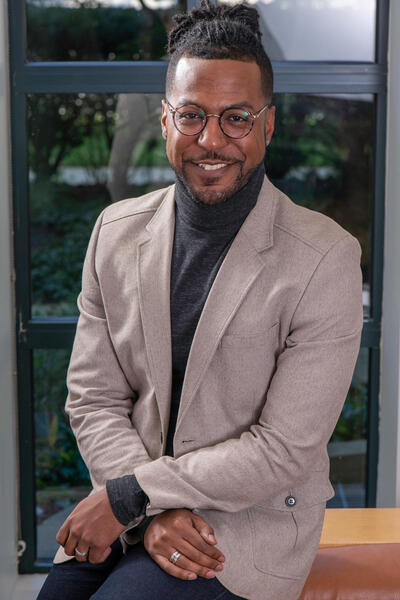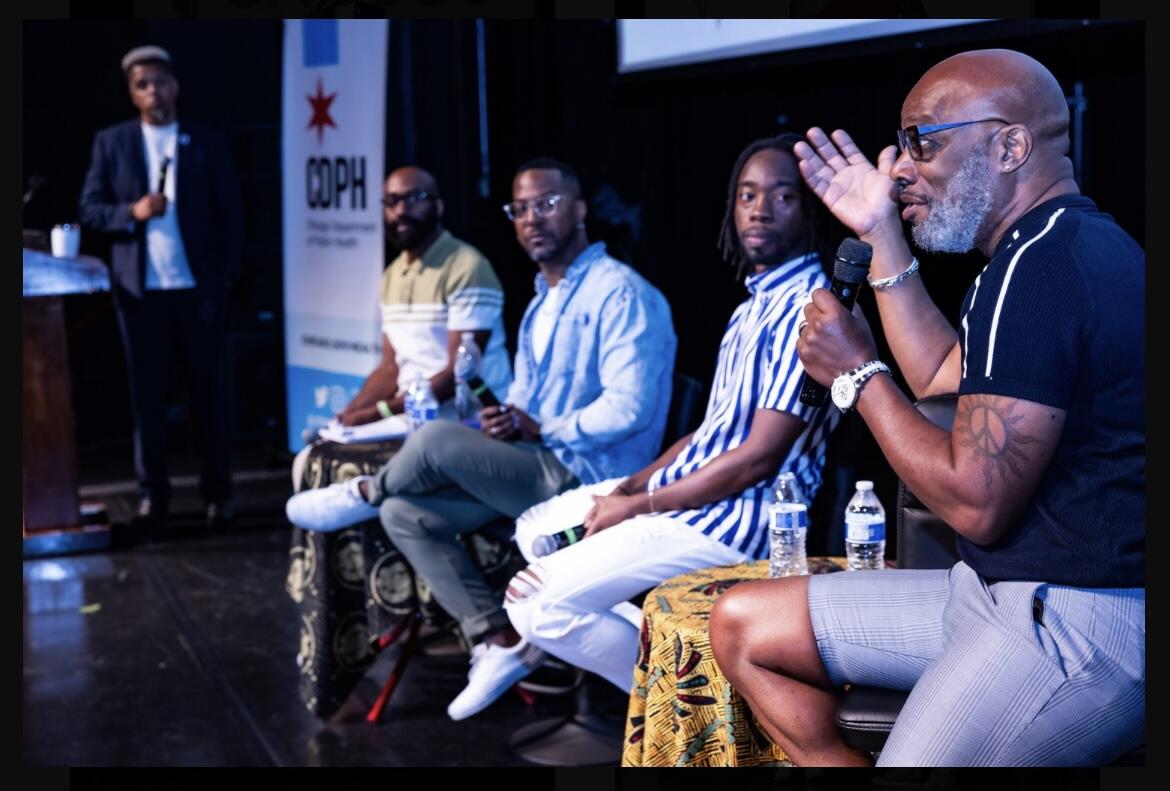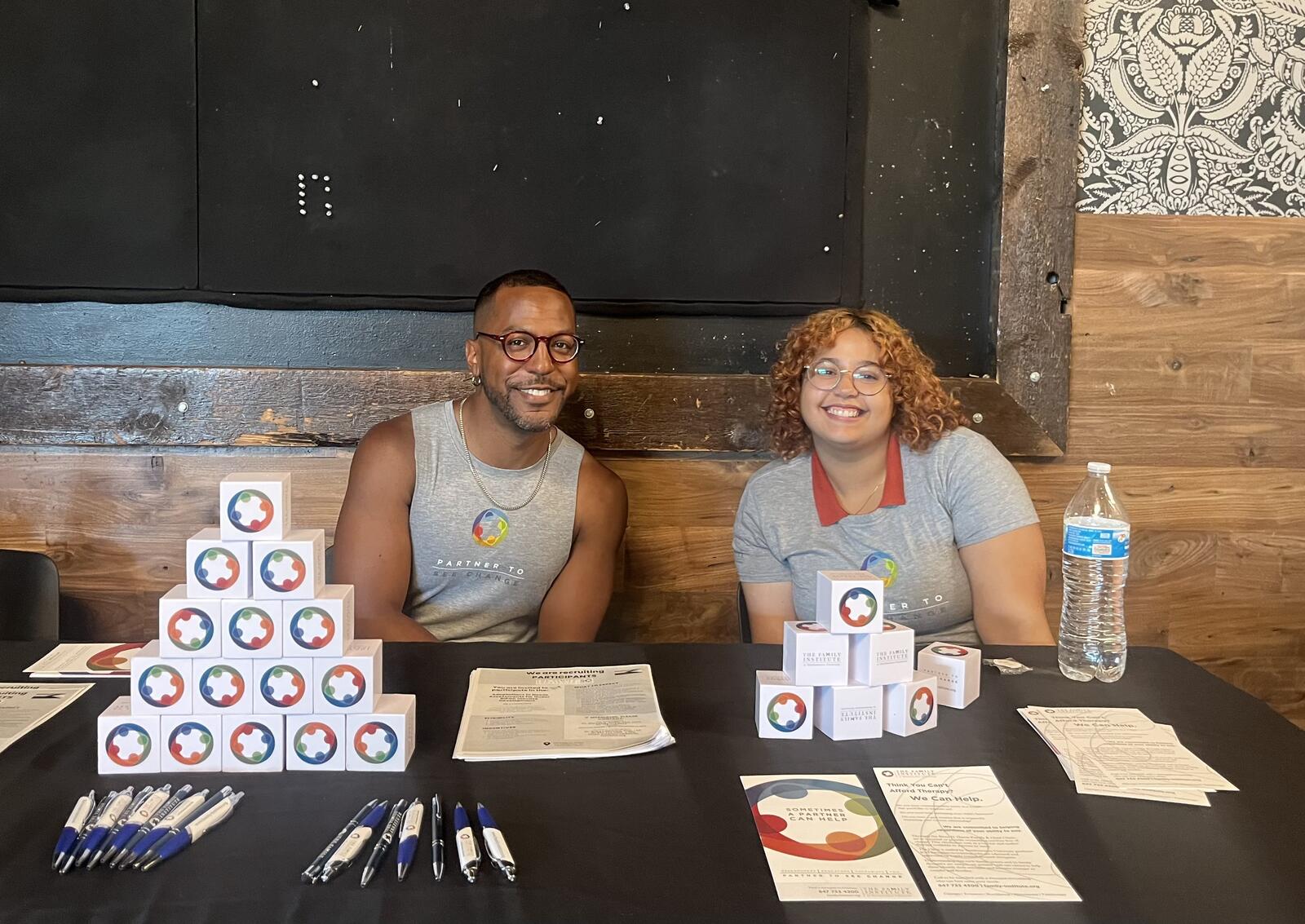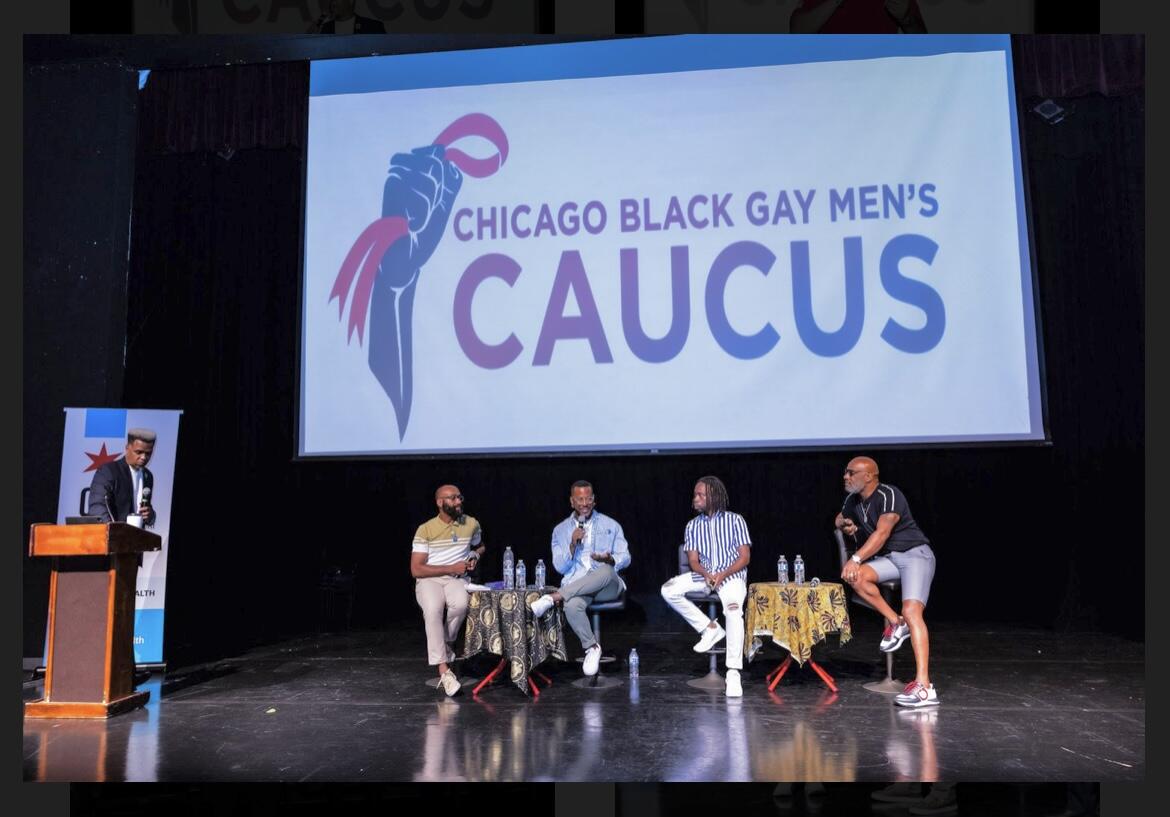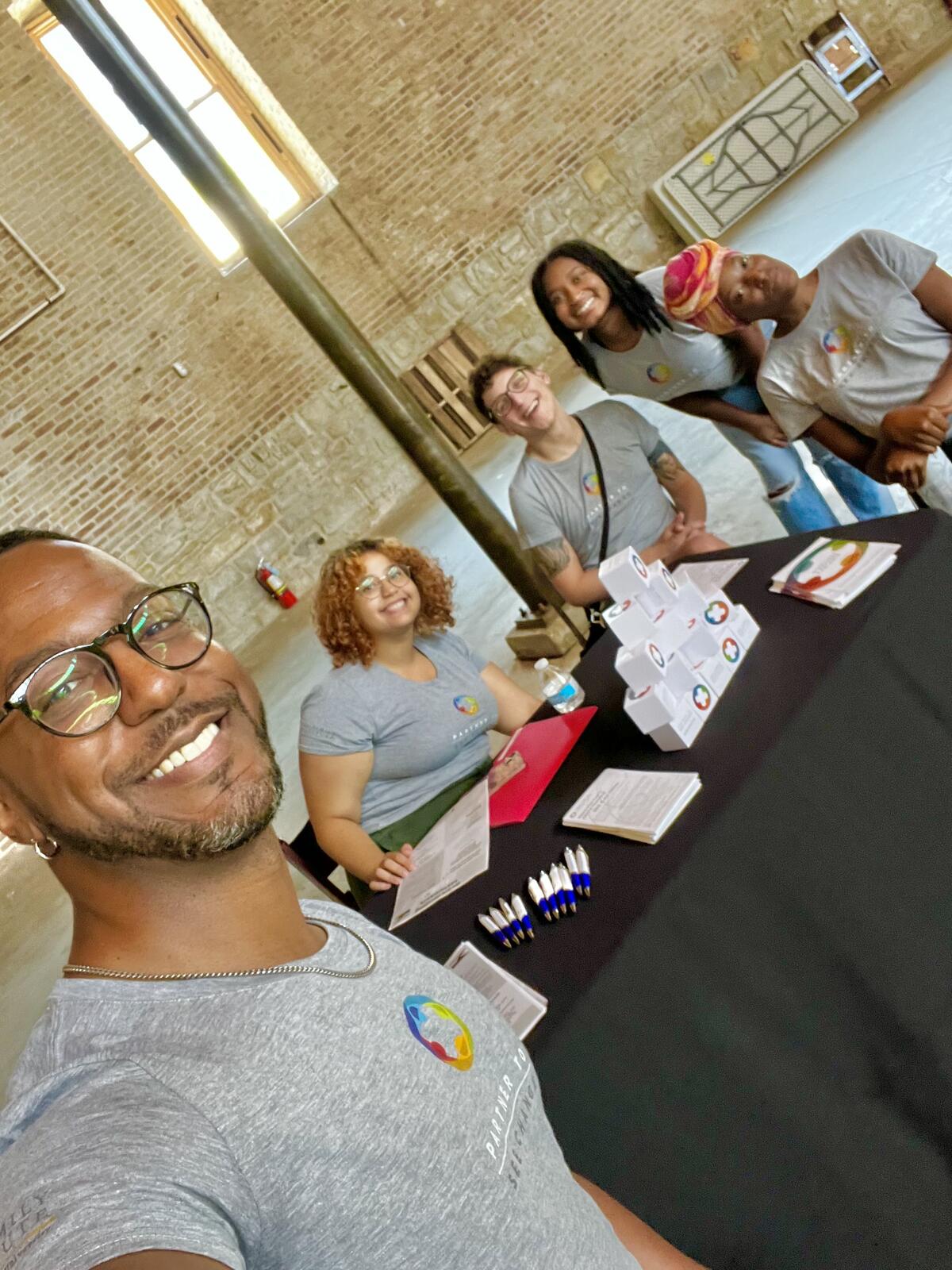The Queer BIPOC Needs (QBN) Lab has two primary goals and intends on growing based on this community needs. The first goal seeks to conduct qualitative research to explore the needs of queer BIPOC individuals through an Intersectional lens. The second goal strives to facilitate pilot interventions produced from participants in phase I and continually assess effectiveness and explore its impact to identity development of queer BIPOC individuals.
Current Projects in the QBN Lab
Queer BIPOC Needs & Identity Development
2022-2023 TFI Seed Grant Recipient
This project is a qualitative longitudinal study that aims to adjust traditional needs assessments with an intersectional lens for Queer BIPOC individuals. From the data provided in phase I interviews, it is hoped in phase II to produce post interventions such as support groups and workshops on the topics articulated in the narratives shared by participants in phase I.
Current Status: Completion of Phase 1 Interviews
Pending Article Submission:
Fall 2024
“Unpacking implicit bias of clinicians working with queer BIPOC communities”
- This article was inspired by the research team's acknowledgment & assessment of appropriate sampling methods and strategies for community immersion with Queer BIPOC communities. Engaging in such an examination increases the study’s trustworthiness.
Research Assistants
Research assistants can assist with empirical scholarship, decolonizing qualitative methodology and design, IRB application, creating study procedures and protocol, data collection and coding, and manuscript preparation and revisions. RAs also can participate in professional presentations at counseling conferences, in addition to completing writing projects informed by the data produced in the QBN lab. Students dedicate 3-5hrs per week on tasks mentioned above.
Please contact Dr. Marcus D. Smith with questions or if you are interested in working in the QBN Lab.
Current Research Assistants
Term: Fall 2023 - Spring 2024
-
Destini Renard
-
Molly McCarthy
-
Yiyang Liu
-
Catherine Zhong
-
George Schorse
-
Amy Gruen
Term: Summer 2023
-
Haylee Lanfranco
-
Quinn Meyerson
-
Destini Renard
Term: Fall 2022 - Spring 2023
David Saxon (he/him) is a second-year student in Northwestern University’s Masters in Counseling program where he is currently a clinical intern with The Family Institute. David’s clinical interests include working with queer individuals around their unique intersectional experiences including race, ethnicity, class, gender identity, affectional orientation, religion/spirituality, disability, weight, and physical appearance. David’s research interests include the role of secrets, concealment, shame, and avoidance.
Juley-Ann Osbourne (she/her/hers) is a graduate student in the Clinical Mental Health Counseling Program at the Family Institute at Northwestern. Her research interest includes intersectionality and factors that contribute to identity development/fragmentation in bi-cultural experiences. She is excited about joining the QBN lab, as it provides an opportunity to gain a deeper understanding of the needs of individuals who identify as BIPOC in and outside the clinical setting.
Alisara (Ali) Christensen (She/her/hers) was born and raised in Bangkok, Thailand, and spent their undergraduate years pursuing design and architecture at St. Olaf College in rural Minnesota. She later dove into the field of education and developed an interest in designing and building curriculum and managing workshops/programs for schools. Ali came into the Counseling program at TFI wanting to learn the clinical skills and knowledge to work individuals and populations, particularly for those who have been underrepresented and underserved. Immersing herself into research that address gaps and needs of queer and BIPOC individuals in counseling is not only personal but is necessary when working the field of counseling.
Destini Renard (she/her/hers) is a practicum student in Northwestern's clinical counseling Masters program. Her interests in research heavily align with the mental health services given to disenfranchised groups considering the cultural implications of care, especially within the Black population. As a research assistant in the QBN lab, they hope to expand their knowledge of the research centered around queer BIPOC individuals and aid in the development of new ideas being brought to the field for this population while questioning current practices.

